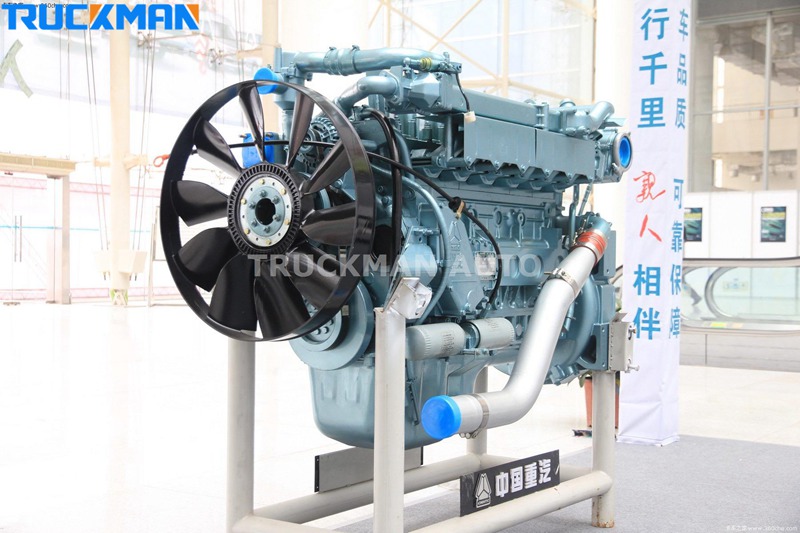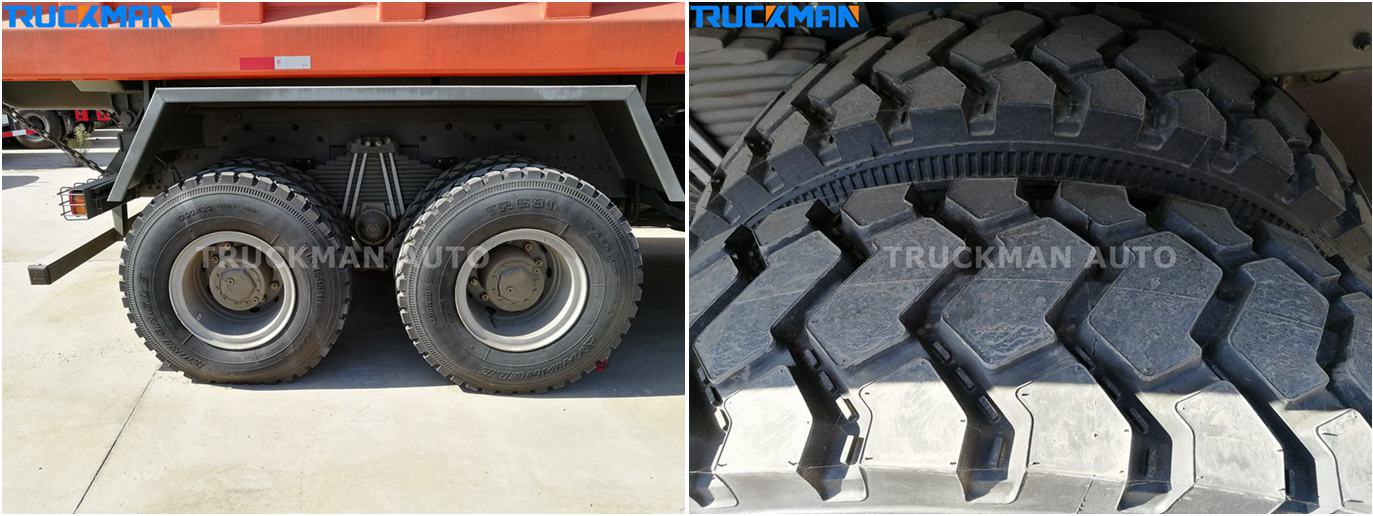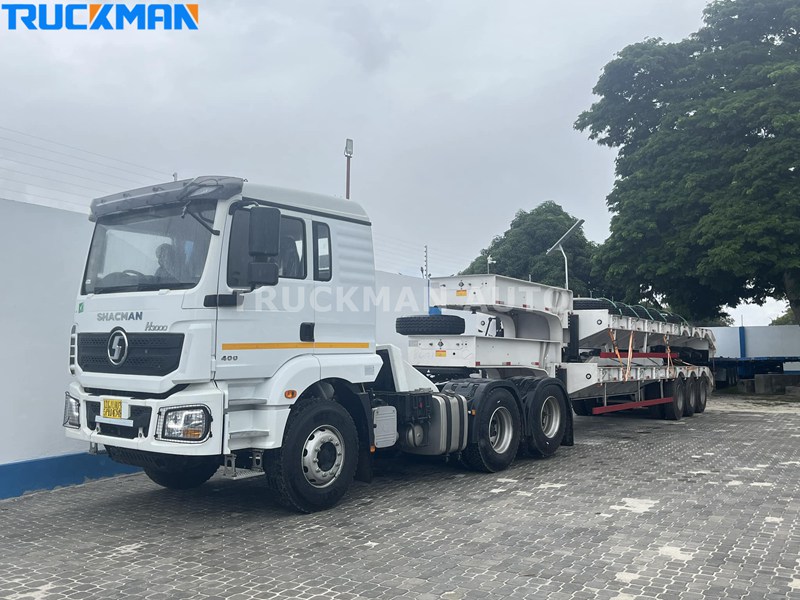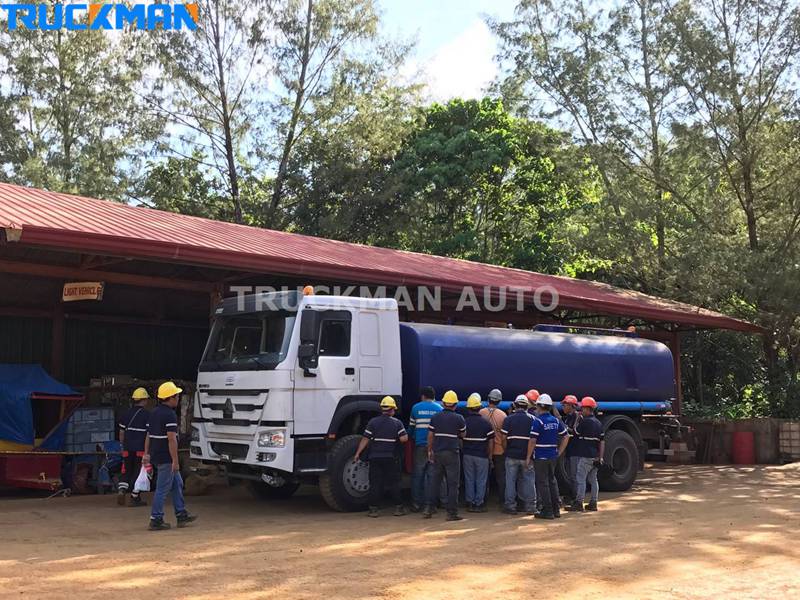
The issue of truck fuel consumption has been a long-standing concern for drivers and transport companies, and saving fuel can lead to significant cost savings and improved economic efficiency. The fuel consumption of a truck is not only related to the engine's displacement, but also to other factors such as the driver's driving habits, road conditions, and load capacity. This article will introduce you to the main factors that affect the fuel consumption of trucks.
1. Engine
Each truck's engine has its own economy rpm, and whether or not the engine is within the economy rpm has a considerable impact on fuel consumption; advanced or mature engines are more capable of achieving low fuel consumption.

2. Load Capacity Of Trucks
The heavier the load on the vehicle, the greater the fuel consumption, especially when overloaded the fuel consumption will increase further. It is recommended that trucks be used within a reasonable load range to reduce fuel consumption.

3. Driving Habit
New drivers like to accelerate and brake sharply, resulting in high fuel consumption. Older drivers, on the other hand, are more skilful in their operating techniques and reduce fuel consumption by anticipating road conditions and controlling their vehicles.

4. Tyre Pressure & Size
When tyre pressure is too low, it leads to increased friction in the truck with road. This leads to higher fuel consumption. The wider the tyre, the greater the friction with the ground, the greater the resistance and the greater the fuel loss of the truck. Like SINOTRUCK dump truck rear axle sold to Ethiopia, all use 12.00R20 radial TR691E mining pattern tire. Although better hill climbing ability can be obtained, the corresponding fuel consumption will also increase.

5. Wind Resistance
The difference in wind resistance has a very big impact on how much fuel the truck consumes while driving. The height of the truck should be reduced or a deflector (tractor truck) should be installed to reduce the wind resistance. Vehicles with deflectors can reduce fuel consumption by about 2L per 100KM compared to those without.

6. Road Condition
Generally speaking, straight roads consume less fuel, like paved as well as asphalt roads. Steep, curvy roads consume more fuel, like mountainous and mining roads. Slippery roads consume more fuel, while dry roads consume less.

7. Maintenance
Trucks that are well and regularly maintained will usually save more fuel than trucks that are not!

8. Other Factors
a. Air-conditioning use: there is a difference of 0.5-1L fuel consumption between without air-conditioning and with air-conditioning on.
b. Filter is not replaced for a long time: the gas is not mixed in a timely manner, the carbon deposits will increase, which in turn will increase the fuel consumption.
c. Engine carbon: After the formation of carbon in the Truck engine, the diesel fuel injected will first be digested and absorbed by the carbon in the air intake system, and will not all enter the engine, which in turn will lead to higher fuel consumption.